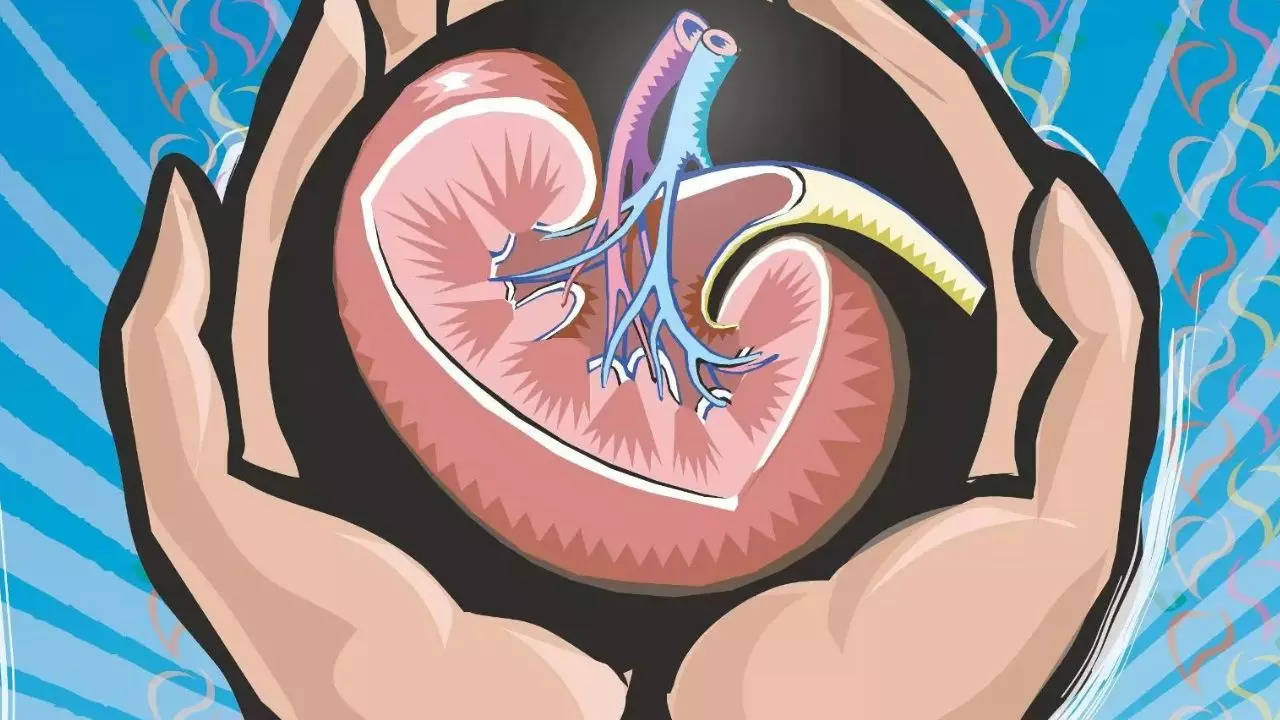Pune: When the husband of a 40-year-old homemaker from Pune offered to donate his kidney to save her life, their blood group mismatch emerged among the key hurdles. Meticulous planning and drug use, however, helped doctors to not just perform the transplant surgery, but also prevent organ rejection by the recipient’s body, a major concern in such cases. The woman was diagnosed with Systemic Lupus Erythematosus (an auto-immune disease) and lupus nephritis (a kidney disease) in 2015.
Besides, hypertension in the woman remained uncontrolled in spite of trying five different types of medications. In 2020, the woman’s health deteriorated further with the onset of herpes zoster and diabetes. Herpes zoster is a viral infection that causes an outbreak of a painful rash or blisters on the skin.

By April 2021, she had developed early signs of kidney failure, which rapidly progressed, culminating in the need for dialysis by 2023. As her health condition continued to deteriorate, doctors advised an urgent kidney transplant . This is when her husband (43) offered to donate one of his kidneys.
When the couple’s blood was tested, it was found that the husband had an AB positive blood group, while that of the wife was A positive. Besides, the husband had triple renal arteries, a rare anatomy occurring in only 10% of the population. Urologist Dr Anand Dharaskar, one of the doctors who performed the transplant, said, “Performing a transplant in this case was complicated as the donor had three renal arteries, while the recipient had only one.
Suturing the three arteries was difficult in the donor’s case. So, we performed a laparoscopic surgery to harvest the kidney, which is less invasive, quicker to heal and more cosmetically preferred for the donor. Transplanting the kidney into the recipient with only one artery was equally daunting, requiring precise vascular reconstruction to ensure proper blood flow.
” Dr Dharaskar and nephrologist Dr Tarun Jeloka, along with their team, successfully performed the kidney transplant on July 18, 2024. Dr Jeloka said, “To reduce the risk of organ rejection by the recipient’s body, we gave the patient a monoclonal antibody medication two weeks before the transplant, followed by additional medications a week before. We also did a procedure, called plasma exchange, to remove harmful antibodies from the blood till a safe level was achieved.
Despite the higher risks, the transplant was successful, just like a matched transplant.” Dr Jeloka said, “The patient’s kidney function became normal within two days, and she was able to go home without any complications.” The donor was discharged within seven days after the surgery, while the recipient was discharged within nine days of the procedure.
Both the donor and recipient are stable, doctors said..



















